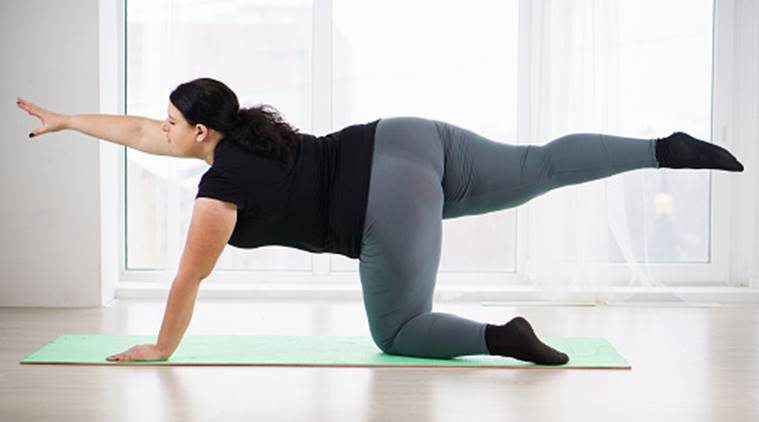Breast cancer is the most common sort of illness that affects women. By the age of 85, one in every eight Australian women will have received a diagnosis. Despite the fact that treatment can cause cancer-related tiredness and have a negative impact on patients’ quality of life, including their emotional, physical, and social well-being, radiation has become an important aspect of treating breast cancer. However, according to recent study from Edith Cowan University (ECU), exercise might help patients tolerate radiation better.
ECU’s Exercise Medicine Research Institute included 89 women in the research, and 43 of them completed a 12-week home exercise programme that comprised one to two sessions of weight training and a total of 30 to 40 minutes of aerobic activity per week. The patients who were not given the exercise plan acted as a control group.
Patients who exercised recovered from cancer-related weariness faster during and after radiation than the control group, and their health-related quality of life increased considerably. There were no negative effects seen during the workout.
According to the study’s supervisor, Professor Rob Newton, this indicated that resistance and aerobic exercise undertaken at home while undergoing radiation is safe, practicable, and effective in hastening recovery from cancer-related tiredness and improving health-related quality of life.
“A home-based protocol might be preferable for patients, as it is low-cost, does not require travel or in-person supervision and can be performed at a time and location of the patient’s choosing,” he said. “These benefits may provide substantial comfort to patients.”
Significant modifications
Cancer patients in Australia should engage in either violently severe cardiovascular activity for 20 minutes per day, three days a week, or moderately strenuous aerobic exercise for 30 minutes per day, five days a week, according to the country’s most current national recommendations.
They also recommend practising 8-10 strength-training routines for 8-12 repetitions each, two to three times each week. The study’s chief investigator, Dr. Georgios Mavropalias, stated that benefits might still be shown with less activity.
“The amount of exercise was aimed to increase progressively, with the ultimate target of participants meeting the national guideline for recommended exercise levels,” he said.
“However, the exercise programs were relative to the participants’ fitness capacity, and we found even much smaller dosages of exercise than those recommended in the national guidelines can have significant effects on cancer-related fatigue and health-related quality of living during and after radiotherapy.”
The study also discovered that once people started an exercise regimen, they were more likely to stick with it. Up to 12 months after the supervised exercise programme ended, the training group reported substantial improvements in mild, moderate, and vigorous physical activity.
“The exercise program in this study seems to have induced changes in the participants’ behaviour around physical activity,” Dr Mavropalias said.
“Thus, apart from the direct beneficial effects on reduction in cancer-related fatigue and improving health-related quality of life during radiotherapy, home-based exercise protocols might result in changes in the physical activity of participants that persist well after the end of the program.”
‘The effects of home-based exercise therapy for breast cancer-related fatigue induced by radical radiotherapy’ was published in Breast Cancer.

